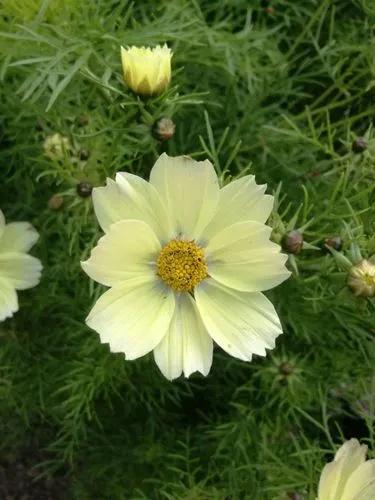Polygala vulgaris is a perential growing to 0.4 m (1ft 4in). It is hardy to zone (UK) 6. It is in flower from May to September. The species is hermaphrodite (has both male and female organs). It prefers moist soil.
Polygala Vulgaris Care
Polygala Vulgaris



How to Care for the Plant

Water

Water abundantly in summer (never flood) and moderately the rest of the year (wait for the substrate to dry).

Pruning

This variety has larger, more richly coloured flowers and more tapered, pointed leaves in comparison to the species. In habit, it’s a rounded, bushy shrub that can eventually become a small tree. Just a light prune of straggly stems after flowering is all that's needed to maintain a dense habit. Trimming after flowering will also encourage more flowers. Caterpillars like polygala, so use Dipel or Success Ultra to keep them away.

Fertilizer

Fertilize every 20 days with mineral fertilizer during the summer to promote flower production.

Sunlight

Part shade.

Soil

Grow in well-drained, moderately fertile soil in a sheltered, sunny site. Protect in winter in cold areas.

Temperature

Temperatures between 65 (18 °C) to 75 F (23 °C) and nighttime temperatures between 50 t(10°C) to 60 F (15 °C).

Popularity

22 people already have this plant 4 people have added this plant to their wishlists
Discover more plants with the list below
Popular articles






